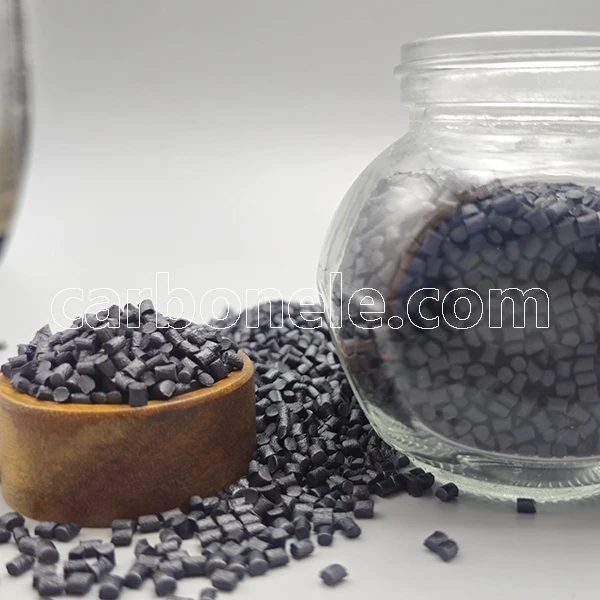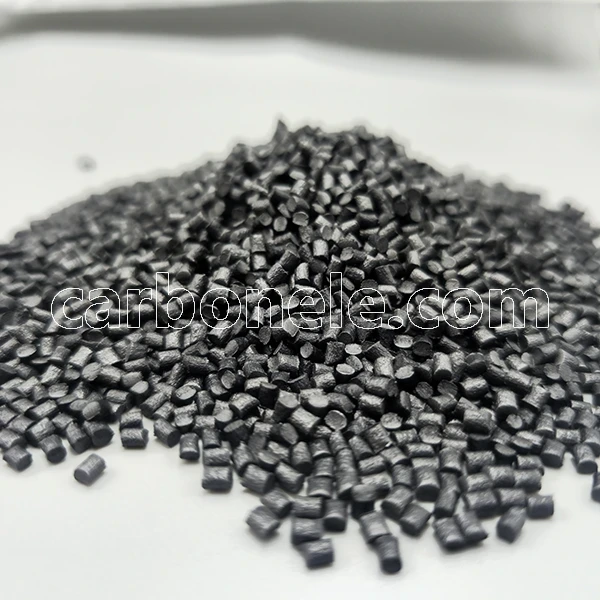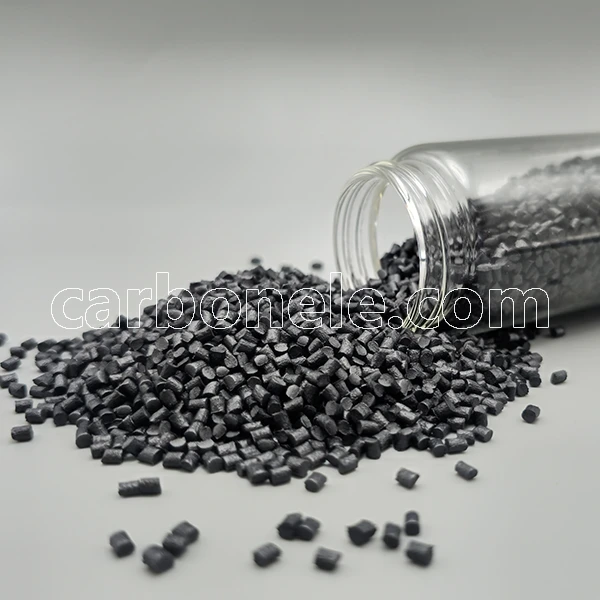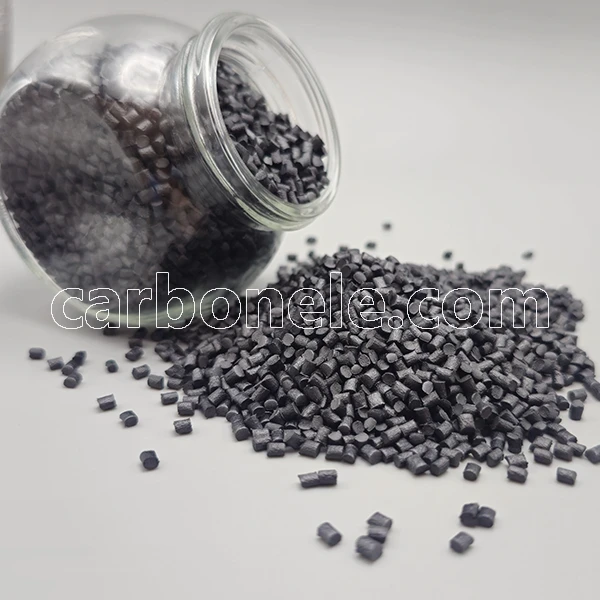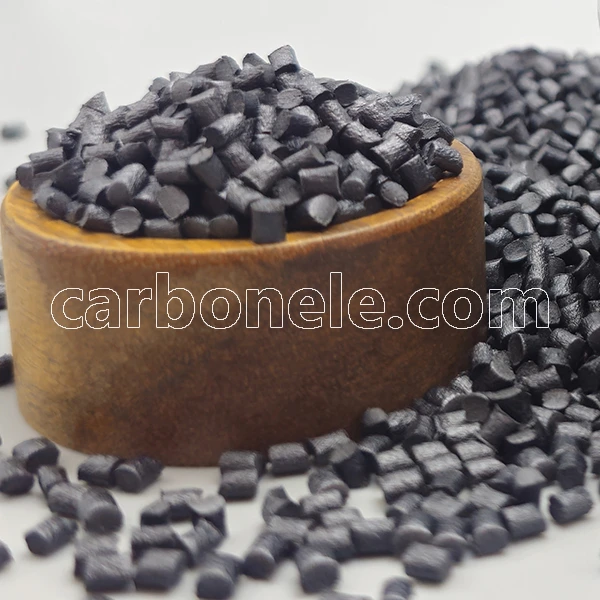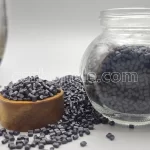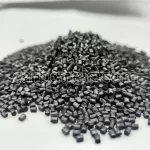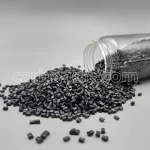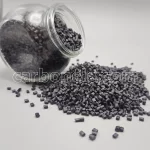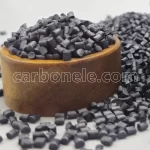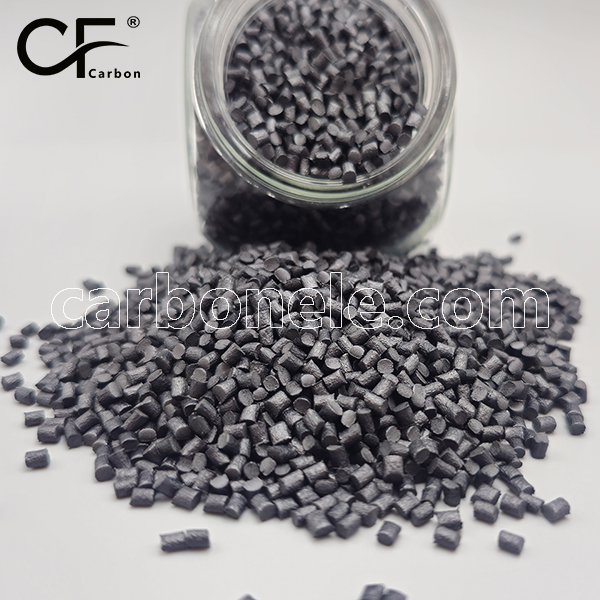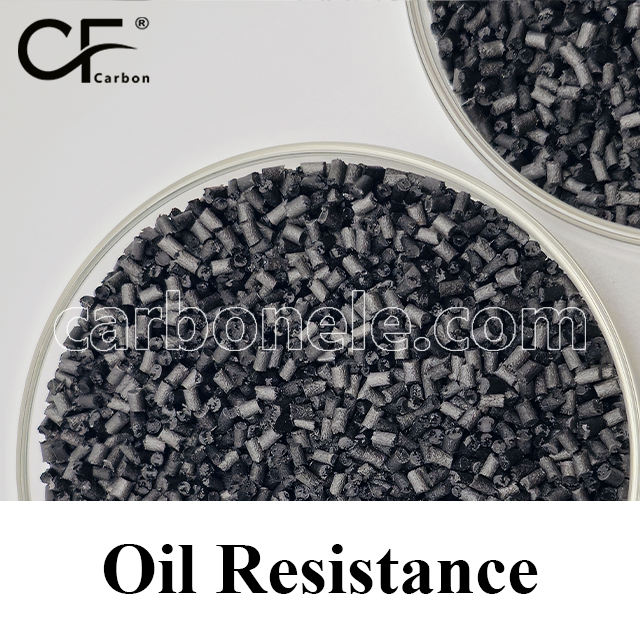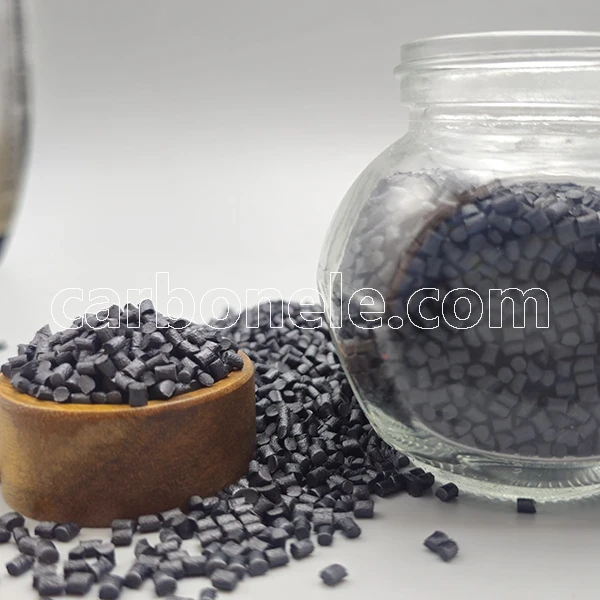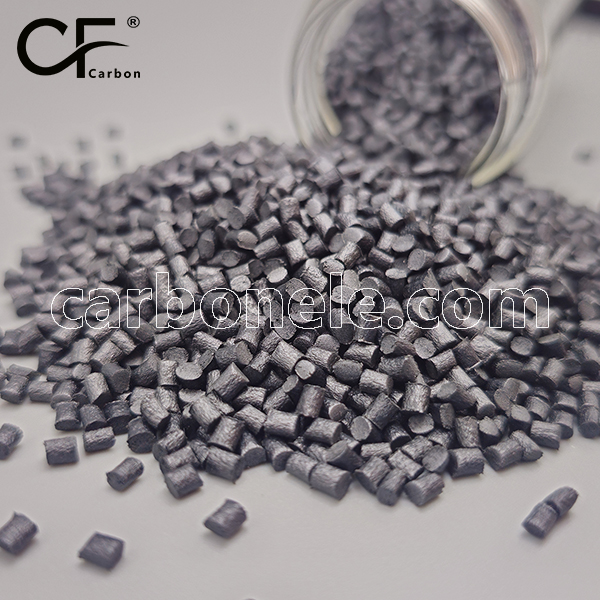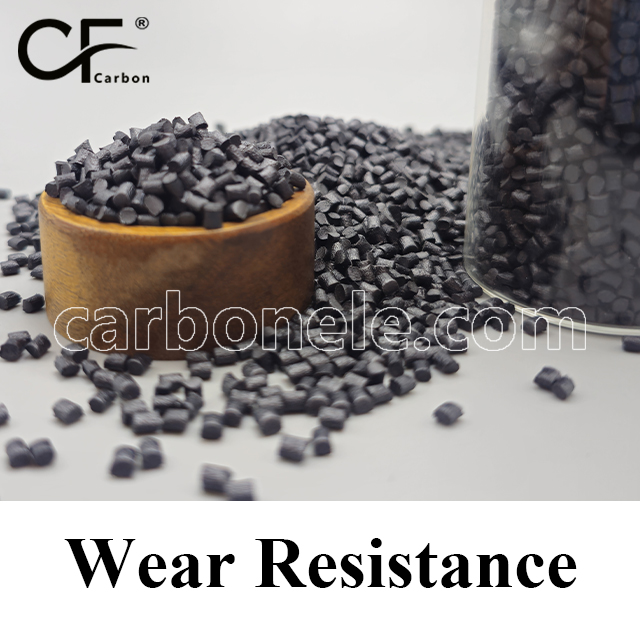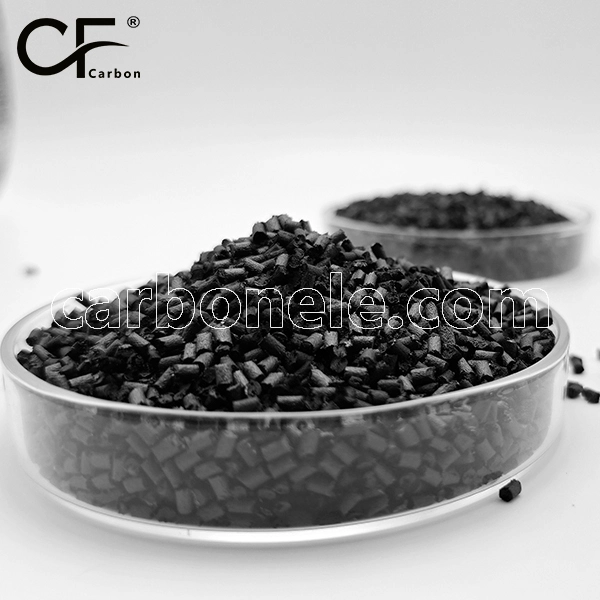
High Tensile Strength PEEK CF60 for Vehicle Engine Parts
PEEK CF60 has excellent mechanical properties like alloys. Lightweight with lower density than metals, important in aerospace. Good chemical resistance for chemical and petroleum industries. High temperature resistance at around 260°C with thermal stability. Self-lubricating with low friction for reducing wear and loss.
- Manufacturer: Carbon New Material
- OEM/ODM: Acceptable
- Color: Black
- Free samples: ≤10kg
- MOQ: 100kg
- Port: Xiamen
- Model Number: PEEK-CF-BCA6
- Reinforcer: Carbon fiber
1. Material composition of PEEK CF60:
– Polyetheretherketone : It is the matrix of this composite material. PEEK has excellent mechanical properties, chemical resistance, heat resistance and biocompatibility. It is a high-performance engineering plastic.
– Carbon fiber: As a reinforcement added to PEEK, the addition of carbon fiber significantly improves the strength, stiffness, wear resistance and other properties of the material. The content of carbon fiber is about 60% (the specific proportion may vary slightly depending on the manufacturer and product standards).
2. Performance characteristics:
| Performance Characteristics | Specific Performance | Application Scenarios | Advantage Summary |
|---|---|---|---|
| Excellent mechanical properties | High tensile strength, bending strength and hardness. Excellent fatigue resistance to alternating stress. | Occasions with high mechanical property requirements. | Comparable to alloy materials. |
| Lightweight | Lower density than many metals. Reduces weight while ensuring strength. | Aerospace and other weight-sensitive fields. | Significant for strict weight requirements. |
| Good chemical corrosion resistance | Withstands erosion by various chemicals. | Chemical and petroleum industries. | Application potential in corrosive environments. |
| High temperature resistance | Long-term service temperature around 260°C. Good thermal stability. | High temperature environments. | Maintains good performance in heat. |
| Self-lubricating property | Best sliding characteristics among plastics. Low friction coefficient. | Occasions with friction property requirements. | Reduces wear and energy loss. |
Different carbon fiber reinforced and modified thermoplastic composite raw materials will have differences in performance due to factors such as different matrix resins, the content and type of carbon fiber, and production processes. If you need more accurate and detailed information, it is recommended to contact us directly.
If you want to know more about carbon fiber reinforced and modified thermoplastic composite raw materials, please click here.
Application Fileds
- Aerospace: It can be used to manufacture structural parts of aircraft, engine parts, wings, etc., which can reduce the weight of aircraft and improve fuel efficiency. - Automobile industry: It is used to manufacture engine covers, transmission parts, brake system parts, etc. of automobiles, which can improve the performance and fuel economy of automobiles. - Medical devices: Due to its good biocompatibility and strong corrosion resistance, it can be used to manufacture orthopedic implants, dental restoration materials, medical device parts, etc. - Electronic and electrical appliances: It is suitable for manufacturing the casing, connectors, insulation parts, etc. of electronic equipment. It has good electrical insulation performance and high temperature resistance.
Case Sharing
In the field of automobile manufacturing, the engine parts of a high-performance sports car adopt the PEEK CF60 composite material. This material has excellent high-temperature resistance and can withstand temperatures up to 260°C, ensuring the stability of the engine during high-speed operation. At the same time, its characteristics of high strength and lightweight reduce the weight of the parts by 20%. As a high-quality manufacturer, Carbon (Xiamen) New Material provides reliable material solutions for automobile manufacturers. With this innovative part, the performance of the sports car is greatly improved, with faster acceleration and lower fuel consumption.
Contact Us
Obtain information such as product specifications, performance, and price, and choose a suitable product according to your own needs. At the same time, you can ask the manufacturer to provide samples for testing to ensure that the material meets your usage requirements. If you are interested in purchasing this composite material, please contact the manufacturer, Carbon (Xiamen) New Material directly.

Frequently Asked Questions
Carbon (Xiamen) New Material Co., Ltd. aims to provide buyers with "one-stop" worry-free high-quality services. Here you can find all information about carbon fiber engineering plastics. If you still have questions, please send us an email for consultation!
-
How can I contact the manufacturer of a product that interests me?
When you find a product you are interested in, you can contact the manufacturer directly by sending an email and we will get back to you as soon as possible.
-
How do I find the products that interest me?
All you need to do is enter the keyword, product name in the search window and press the Enter key on your keyboard. Your search results page will then be displayed. You can also search within the product category pages on the home page. Each category is divided into subcategories, allowing you to refine your search and find products that interest you.
-
Where will I find a buying guide?
Please contact our after-sales service directly and we will provide you with a comprehensive operating guide.
-
What are CF Reinforced Thermoplastic Composites?
CF Reinforced Thermoplastic Composites are materials where carbon fibers are incorporated into a thermoplastic matrix. They combine the strength and stiffness of carbon fibers with the processability and recyclability of thermoplastics. For instance, they are used in automotive parts like bumper beams.
-
What are the benefits of CF Reinforced Thermoplastic Composites over traditional composites?
The key benefits include faster production cycles, easier recyclability, and better impact resistance. They also offer design flexibility. An example is in the manufacturing of consumer electronics casings where complex shapes can be achieved more easily.
-
How are CF Reinforced Thermoplastic Composites processed?
Common processing methods include injection molding, extrusion, and compression molding. Injection molding is widely used for mass production. For example, in the production of small components for the medical industry.
-
What industries use CF Reinforced Thermoplastic Composites?
They are utilized in aerospace, automotive, medical, and sports equipment industries. In aerospace, they can be found in interior components. In the medical field, they might be used in prosthetics.
-
How does the carbon fiber content affect the properties of the composites?
Higher carbon fiber content generally leads to increased strength and stiffness but may reduce ductility. A moderate content is often balanced for specific applications. For example, a higher content might be preferred in structural parts of a race car.
-
What are the challenges in using CF Reinforced Thermoplastic Composites?
Challenges include higher material costs, complex processing equipment requirements, and ensuring uniform fiber dispersion. Issues with adhesion between the fibers and the matrix can also arise. An example is in achieving consistent quality in large-scale production.







